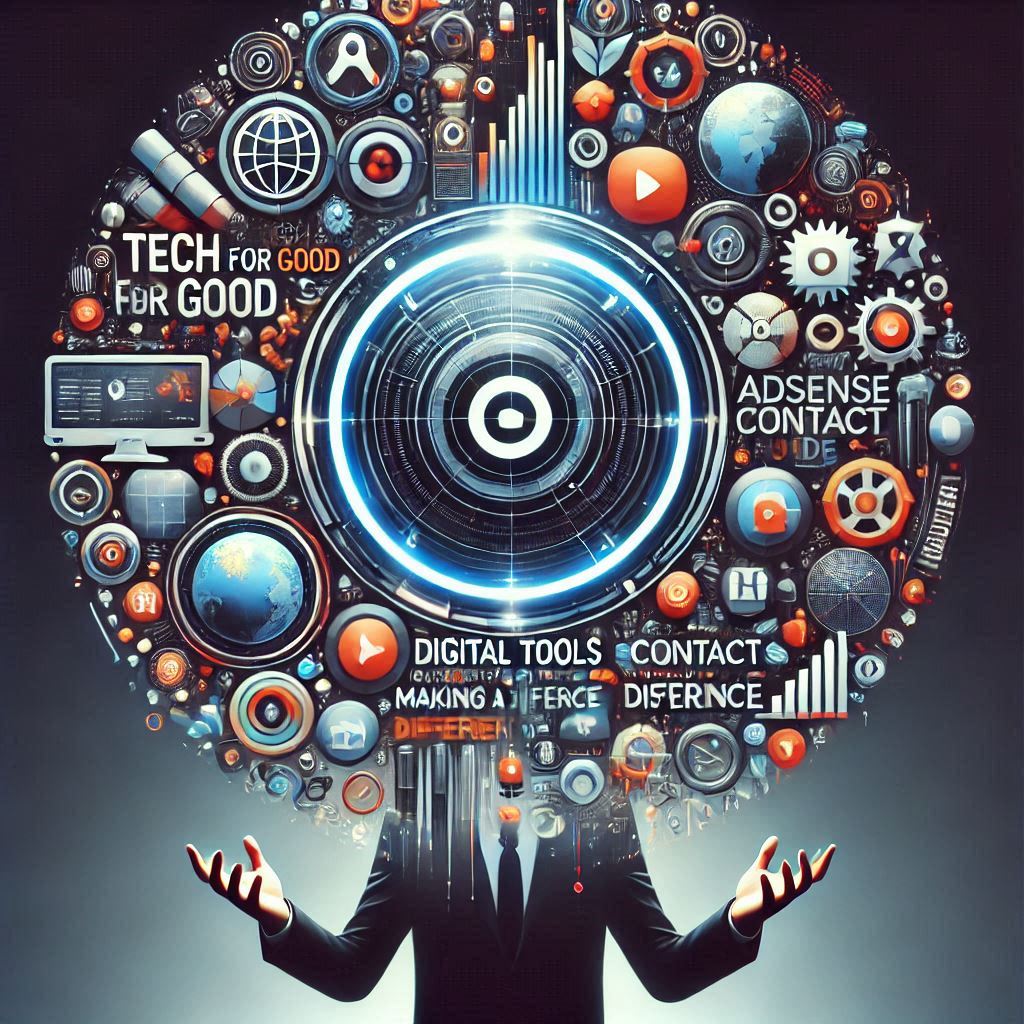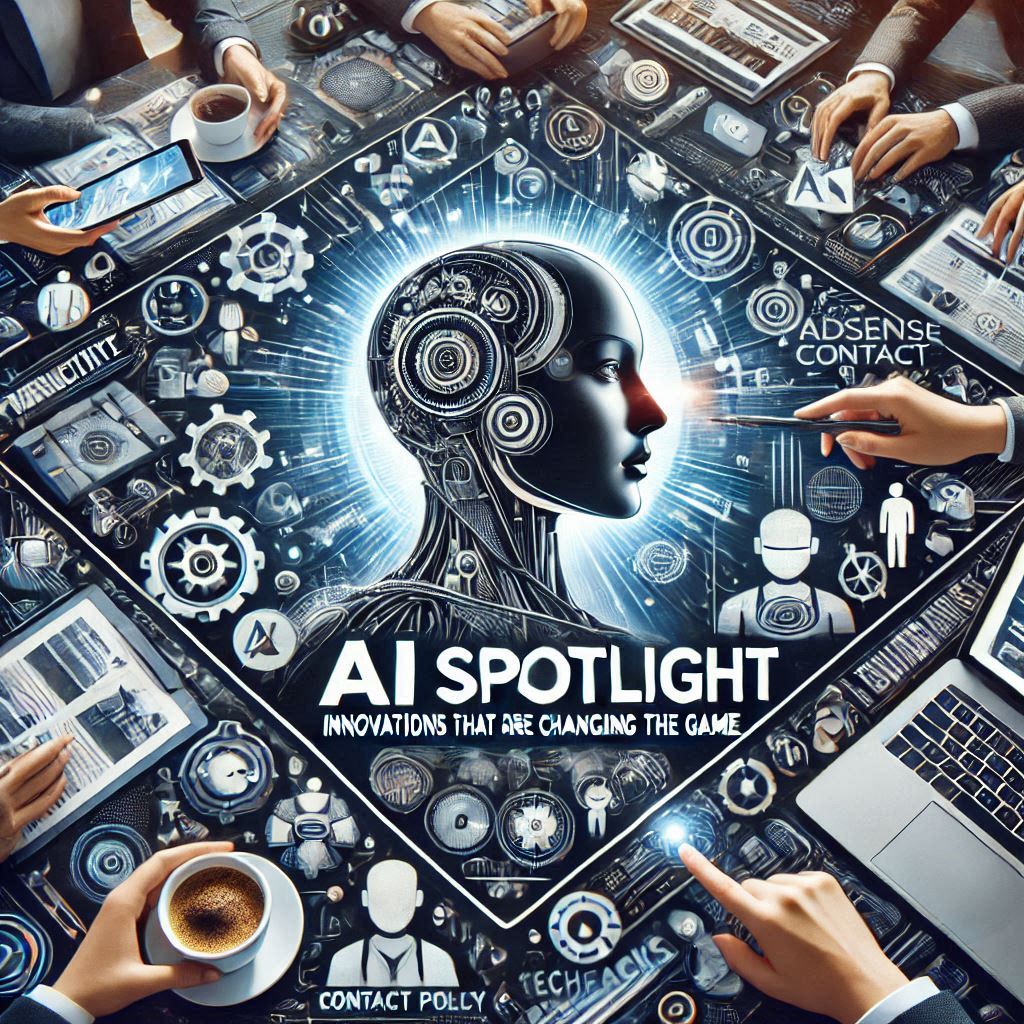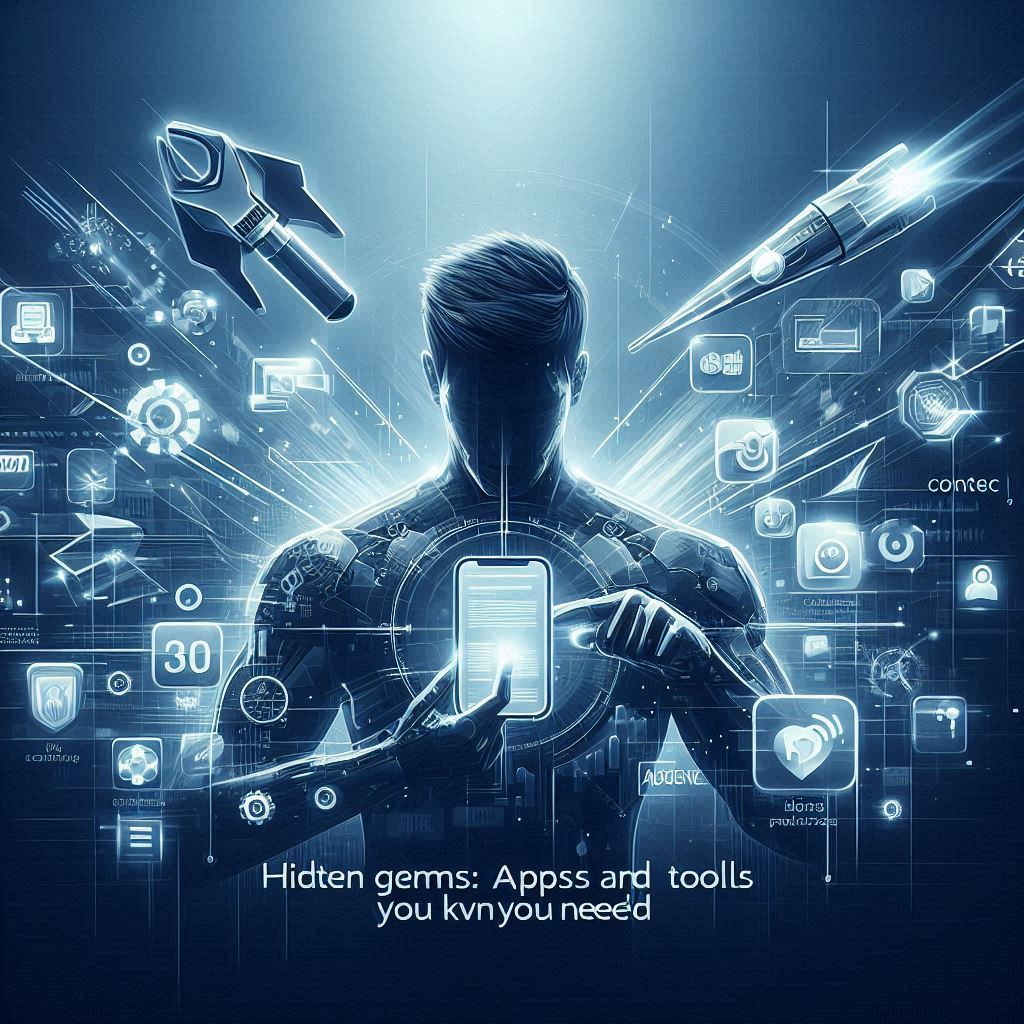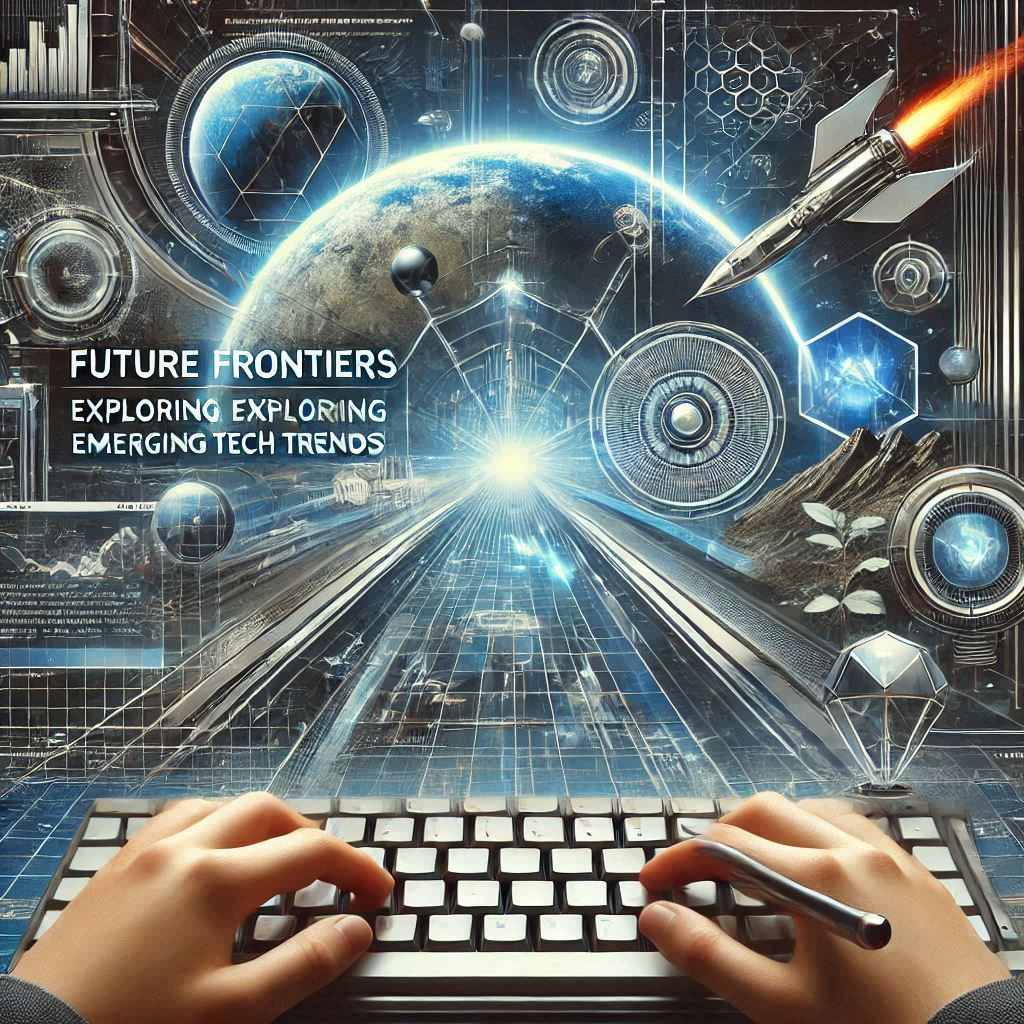In an increasingly connected world, technology has the power to change lives for the better. Whether it’s through improving healthcare, addressing environmental challenges, or fostering social inclusion, digital tools are being leveraged to create positive impacts in communities around the globe. “Tech for Good” is a growing movement where technology is used to address some of society’s most pressing issues. In this article, we highlight some of the digital tools and platforms that are making a difference.
1. HealthTech: Revolutionizing Healthcare Access
HealthTech is one of the most promising sectors where technology is improving lives. Digital health tools such as telemedicine platforms, wearable health devices, and AI-powered diagnostics are transforming how we approach healthcare. In remote areas or underserved communities, telemedicine apps allow patients to consult with doctors and specialists via video calls, overcoming barriers like geographical location and limited access to healthcare providers.
Why it matters: HealthTech is helping to bridge gaps in healthcare access, enabling more people to receive timely medical care, monitor their health, and make better-informed decisions about their well-being.
Key Tools:
- Telemedicine apps for remote consultations
- Wearable devices for tracking vital signs and chronic conditions
- AI-powered diagnostic tools for faster and more accurate disease detection
- Mental health apps for accessible counseling and therapy
2. EdTech: Democratizing Education
Education technology (EdTech) has the potential to transform traditional learning environments by making education more accessible, flexible, and personalized. Online learning platforms, digital classrooms, and eLearning tools are making education available to anyone with an internet connection. Particularly in developing regions or during crises like the COVID-19 pandemic, EdTech has been crucial in ensuring that students can continue their studies remotely.
Why it matters: EdTech enables equal access to education, offering a range of tools for both students and educators to improve learning outcomes. It’s also helping to close the education gap, making learning more inclusive and accessible to all.
Key Tools:
- Online learning platforms (Coursera, Khan Academy, Duolingo)
- E-learning tools for interactive and engaging lessons
- AI-driven tutoring apps for personalized learning
- Digital classrooms for remote teaching and collaboration
3. FinTech: Empowering Financial Inclusion
FinTech (financial technology) is helping millions of people, especially in developing countries, gain access to banking services and financial tools. Mobile money platforms like M-Pesa, which allow users to send and receive money via their phones, have transformed the financial landscape in areas where traditional banking infrastructure is scarce. Similarly, micro-lending apps are giving individuals access to small loans to start businesses or cover emergency expenses.
Why it matters: FinTech is fostering financial inclusion, providing unbanked populations with access to financial services and opportunities that were previously out of reach. It’s also empowering individuals to better manage their money and secure a better future.
Key Tools:
- Mobile money platforms for secure, on-the-go transactions
- Peer-to-peer lending platforms for microloans
- Budgeting and savings apps for financial management
- Cryptocurrency for cross-border payments and financial independence
4. EcoTech: Fighting Climate Change with Technology
As the world faces the growing threat of climate change, EcoTech is emerging as a vital tool for promoting sustainability and addressing environmental issues. Technologies such as smart grids, solar energy innovations, and AI-driven solutions for energy efficiency are helping individuals, businesses, and governments reduce their environmental impact. Additionally, apps and platforms are enabling users to track their carbon footprints and take actionable steps to reduce them.
Why it matters: EcoTech offers solutions for tackling climate change, reducing carbon emissions, and promoting sustainable practices in industries such as energy, agriculture, and transportation.
Key Tools:
- Solar energy apps for home energy management
- AI-powered solutions for optimizing energy usage and reducing waste
- Carbon footprint tracking apps to monitor environmental impact
- Sustainable transportation apps for promoting electric vehicles and public transport
5. SocialTech: Strengthening Communities and Social Impact
SocialTech refers to the use of technology to address social issues such as poverty, inequality, and human rights. Digital platforms are enabling people to connect with social causes, raise awareness, and collaborate on projects that promote positive social change. Crowdfunding platforms like GoFundMe and Kickstarter are giving people a way to support individuals or causes they care about, while volunteer matching platforms are connecting individuals with community service opportunities.
Why it matters: SocialTech is driving social good by helping individuals and organizations make a tangible impact on their communities. It fosters a culture of collaboration, volunteerism, and charitable giving.
Key Tools:
- Crowdfunding platforms for raising funds for social causes
- Volunteer matching apps for finding opportunities to give back
- Social media for activism and raising awareness
- Digital advocacy platforms for promoting human rights and social justice
6. Assistive Tech: Empowering People with Disabilities
Assistive technology is designed to help people with disabilities live more independently and access the world around them. From screen readers and voice recognition software to mobility aids and smart home devices, assistive technologies are helping to break down barriers and improve the quality of life for individuals with physical or cognitive disabilities. These tools are not only improving accessibility but also empowering individuals to contribute more fully to society.
Why it matters: Assistive Tech is fostering inclusivity and ensuring that people with disabilities have the tools and resources to live independently and participate fully in society.
Key Tools:
- Screen readers for visually impaired individuals
- Voice-controlled devices for easier navigation and communication
- Smart home devices for enhancing mobility and safety
- Adaptive keyboards and mouse devices for users with physical disabilities
7. GovTech: Improving Public Services with Technology
Governments around the world are adopting technology to improve public services, streamline administrative processes, and provide better transparency. GovTech solutions, such as digital IDs, e-governance platforms, and public service apps, are making it easier for citizens to access government services, pay taxes, and communicate with public officials. During times of crisis, such as the COVID-19 pandemic, GovTech tools have been essential in distributing aid and keeping communities informed.
Why it matters: GovTech enhances the delivery of public services, improves government accountability, and ensures that citizens have easy access to essential services and resources.
Key Tools:
- Digital ID systems for secure access to government services
- E-governance platforms for transparent, efficient administration
- Public service apps for communication and access to resources
- Crisis management tools for rapid response during emergencies
8. Tech for Nonprofits: Empowering Social Good Organizations
Nonprofits are increasingly using digital tools to amplify their impact and reach a wider audience. From donation platforms to nonprofit management software, technology is enabling charitable organizations to streamline their operations, raise funds, and connect with supporters. Social media is also helping nonprofits share their mission, engage with donors, and promote social causes.
Why it matters: Technology enables nonprofits to scale their impact, increase their visibility, and connect with more people who want to support their work.
Key Tools:
- Crowdfunding platforms for nonprofit fundraising
- Donor management software for tracking contributions and communications
- Social media for outreach and awareness-building
- Event management tools for organizing fundraising events and initiatives
Conclusion
Technology is increasingly being harnessed for social good, providing innovative solutions to some of the world’s most pressing challenges. From health and education to environmental sustainability and social justice, digital tools are empowering individuals, organizations, and governments to make a lasting impact. As we continue to embrace “Tech for Good,” we can look forward to a future where technology creates positive change, builds more inclusive societies, and fosters a sustainable planet.



